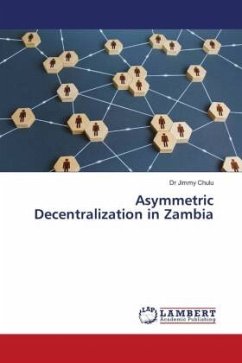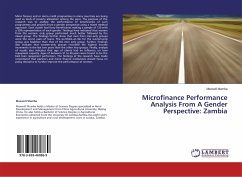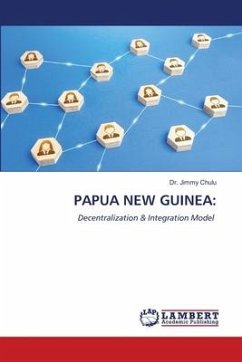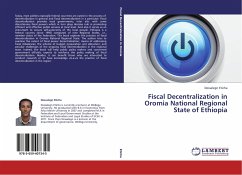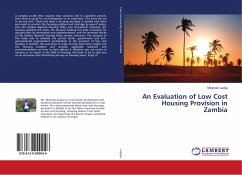The book is also aimed at providing insights on the pace of decentralization and Local Government(LG) reforms in developing countries. Empirical evidence shows that only in a few countries are LGs fully decentralized because in most jurisdictions, central government maintain spending and taxation powers. In terms of the legal and regulatory framework currently in place, the Constitution (Amendment) Act No 2 of 2016 defines the legislative powers of Local Governments (including their revenue raising capacities), and lists a wide range of government revenues that could potentially be decentralized to the subnational units. To date however, little progress has been made in the implementation of some provisions of the constitution and remains a challenge to Asymmetric Decentralization in Zambia. On the basis of the current practice, this is a broad attempt by the author to discuss the asymmetrical decentralization by focusing on essential aspects: overall decentralization framework, fiscal capacities for greater autonomy, revenue and expenditure assignments, intergovernmental fiscal transfer system, borrowing powers for LGs and asymmetric decentralization.
Bitte wählen Sie Ihr Anliegen aus.
Rechnungen
Retourenschein anfordern
Bestellstatus
Storno

